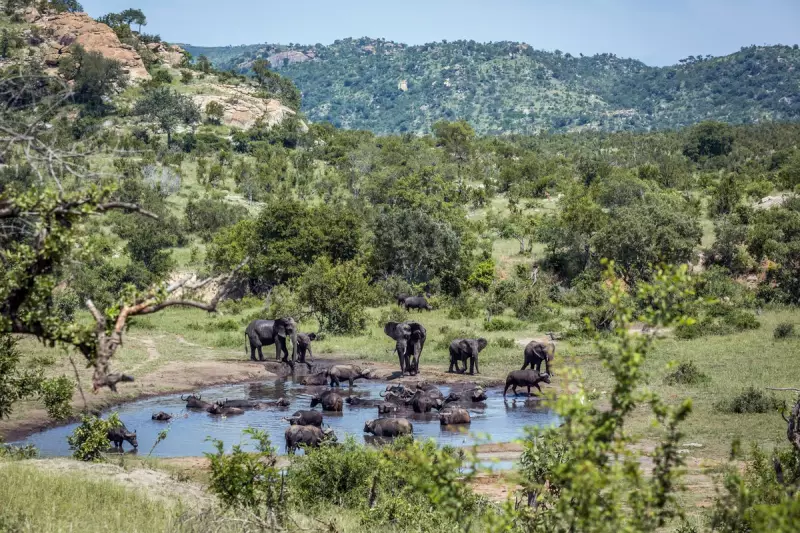
In a historic move that signals a significant shift from its colonial past, South Africa has officially renamed one of its most iconic landmarks. Kruger National Park, the world-renowned wildlife sanctuary that has drawn millions of visitors over decades, will now be known by a different name that better reflects the nation's indigenous heritage.
A New Chapter for African Conservation
The decision marks a pivotal moment in South Africa's ongoing journey to reconcile with its complex history and embrace pre-colonial identities. The park, which previously bore the name of Paul Kruger, former president of the old South African Republic, will now honour the rich cultural tapestry that existed long before colonial influence.
This renaming represents more than just a symbolic gesture—it's part of a broader national effort to decolonise public spaces and acknowledge the contributions of indigenous communities to South Africa's natural heritage.
What Travelers Need to Know
For international visitors and wildlife enthusiasts, the park's world-class safari experiences and conservation efforts remain unchanged. The transformation is purely in name, preserving all the breathtaking wildlife encounters that have made this destination legendary among global travellers.
The park continues to offer:
- Unparalleled Big Five sightings
- Expert-guided safari tours
- Luxury lodge accommodations
- Conservation education programmes
- Cultural heritage experiences
Embracing Authentic African Identity
This renaming initiative aligns with similar movements across South Africa, where numerous geographical features and public institutions are being reconsidered through a more inclusive historical lens. The move has been welcomed by heritage groups and conservationists alike, who see it as an important step toward acknowledging the complete story of South Africa's landscape.
The park's management emphasises that visitor experience remains their top priority, ensuring that the world's most spectacular wildlife encounters continue uninterrupted under the new name that better represents the soul of African wilderness.





